Like Aithabyu in my previous posting, this place is not for regular tourists either. I was here in November to survey location for Korbani during Eidul Adha. Shwekyin is a small town north of Bago, off main Yangon-Mandalay road. After passing the town of Nyaunglebin, you will turn right into a dirt road and drive for another one hour passing by small villages amidst rice fields. From Nyaunglebin to Bago it takes about one and a half hour, and another one and half hour to reach Yangon. All these travel times are unnecessary should the roads are properly surfaced and widened, but unfortunately that is not the case in the whole Myanmar. Civil infrastructure development take a backseat in this military-run government. Yet you can see toll gates operating from time to time, especially when entering a good stretch of the road. Fees is very nominal ranging from 100 kyats to the highest 400 kyats, along this stretch.
Shwekyin is located to the north of Bago (aka Pegu)
Shwekyin in Burmese literally means ‘digging for gold’. Major economic activity is farming and gold-mining. There are hundreds of moslem families in Shwekyin and they seem to be in total freedom to practise their religion, as evidenced by a number of masjids we encountered, albeit old ones. Few moslems are sucessful business men, looking at their house they live and the car they drive. In fact they are the main shakers and movers in driving the moslem community in this town. They finance the operation of masjids and madrasah. They ‘wakaf’ their lands to the madrasah and graveyard. They are respectable figures in the community. We were introduced to Haji Ramadullah here, or better known by his Burmese name Haji Bokpyin. He has many ventures, one is that he buys gold flakes from gold miners and condensed them into a gold bar, weighing about 400 grams each. See pix in the gallery. He said he would carry his gold bars to Yangon next week to sell in Yangon. His other business is supply cows.
In Myanmar moslems and non-moslems are almost similar in appearance. You can tell their the difference if only moslems are wearing white caps (kopiah) and grow beard and for ladies wearing ‘tudung’ to cover the aurat. They talked in Myanmar and maintained their Burmese name on the registration card and passport.
- Shwekyin, Myanmar’s town center. There is a direct bus service from Yangon to this town.
- Life is hard in Shwekyin, Myanmar
- Welcome to Shwekyin, Myanmar.
- A wooden bridge for all enroute Shwekyin, Mynamar
- Gravel road leading to Shwekyin, Myanmar. A 4WD is perfect for this road condition
- Flaggirl controlling traffic at the road construction near Bago in Myanmar
- Madrasah for hafeez at Shwekyin in Myanmar
- Rice field at a village near Shwekyin in Myanmar
- Road construction at Shwekyin in Myanmar using cheap labor force. Daily wage is 1000kyats.
- Haji Ramadullah’s house in Shwekyin, Myanmar. He is a respectable figure among locals.
- Moslem graveyard at Shwekyin in Myanmar
- Wuduk area is a big pond of green water at the back of the masjid.
- This mosque is recently opened after payment of USD8000 made to the Government
- Gold mining equipments at Shwekyin, Myanmar
- Haji Shaffien and imam (left) at the entrance of the Masjid Jamek in Shwekyin, Myanmar
- 1972-built masjid at Shwekyin in Myanmar, still in use.
- Yangon-Mandalay ‘highway’, north of Bago. Life is simple here.
- Gold mining is a good business at Shwekyin, Myanmar, besides farming. This gold block is worth of USD5000.
- Count your blessing if you can find this kinda stretch in Myanmar. Along Yangon-Bago highway.
- City of Bago (or Pegu) in Myanmar
- In this madrasah for hafeez, upper floor is living quarters while ground floor is classroom. Donation required.
- An intersection, north of Bago in Myanmar. Turn right to go Thailand.
- Entrance to an old mosque at Shwekyin in Myanmar
- Haji Ramadullah (center) is a respectable moslem entrepreneur and figure in Shwekyin, Myanmar
- Shwekyin is located to the north of Bago (aka Pegu)
- Masjid Jamek in Shwekyin, Myanmar
- Shwekyin town in Myanmar – dusty but interesting
- A cow next to a cowgirl at the village near Shwekyin in Myanmar
- Solat times written with chalk on black board. The battery is used for lighting.
- A bank in Shwekyin, Myanmar. Life is simple here.
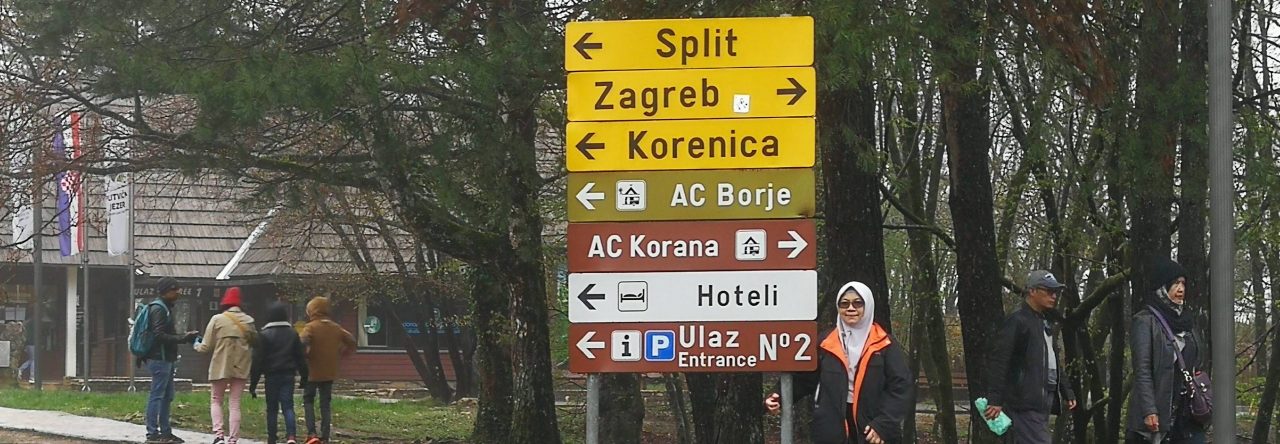
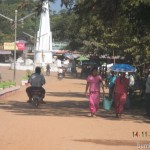
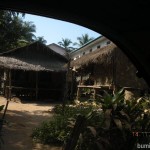
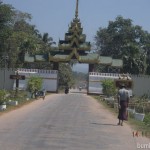
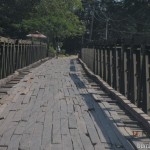
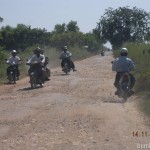
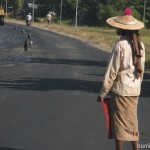
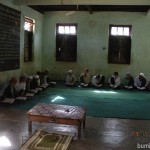
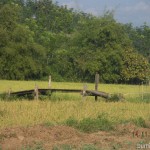
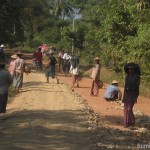
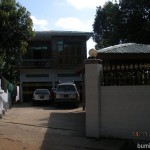
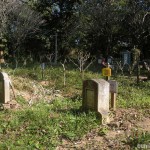
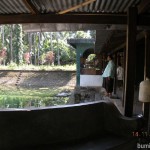
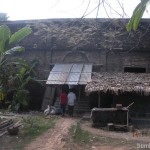
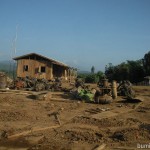
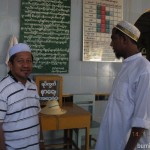
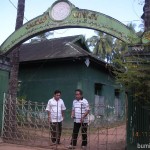
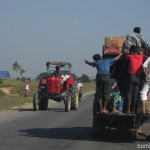
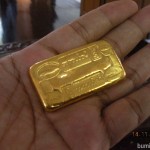
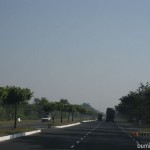
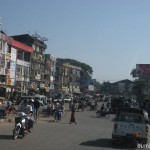
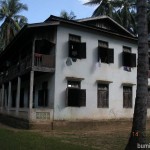
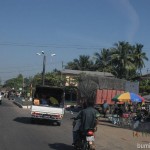
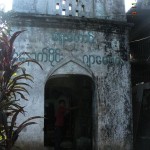
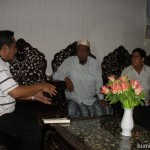
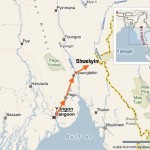
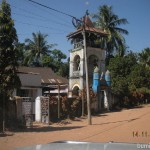
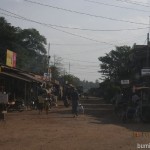
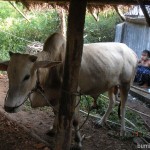
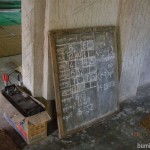
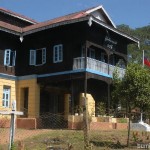
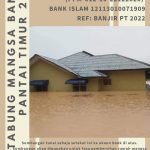
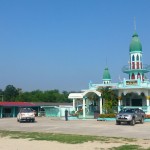
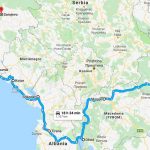
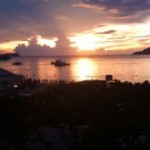
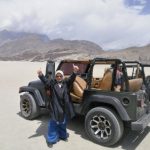
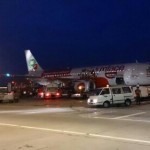
Leave a Reply